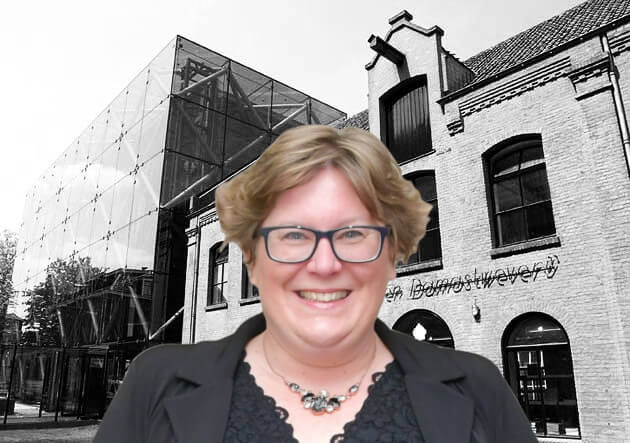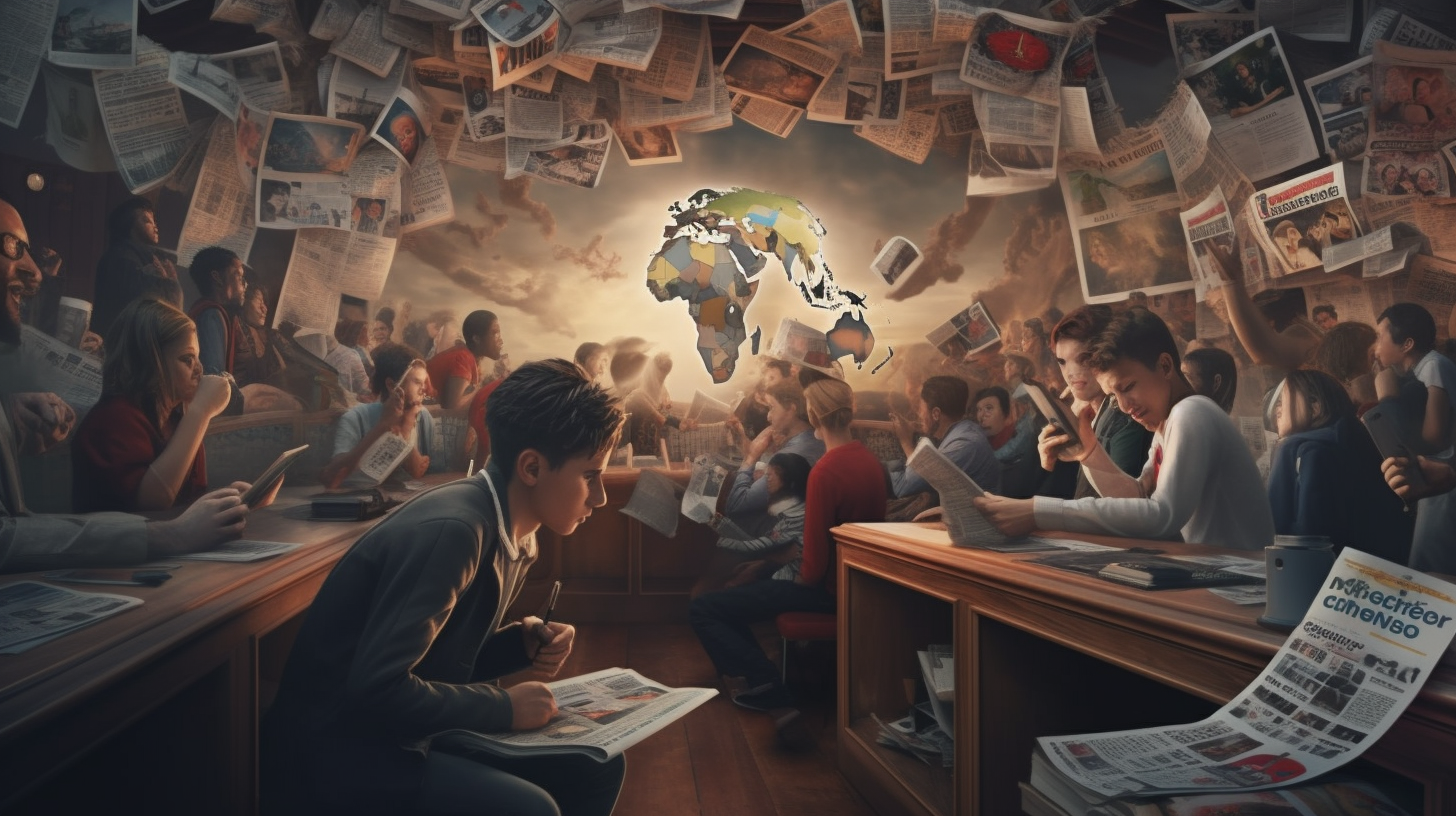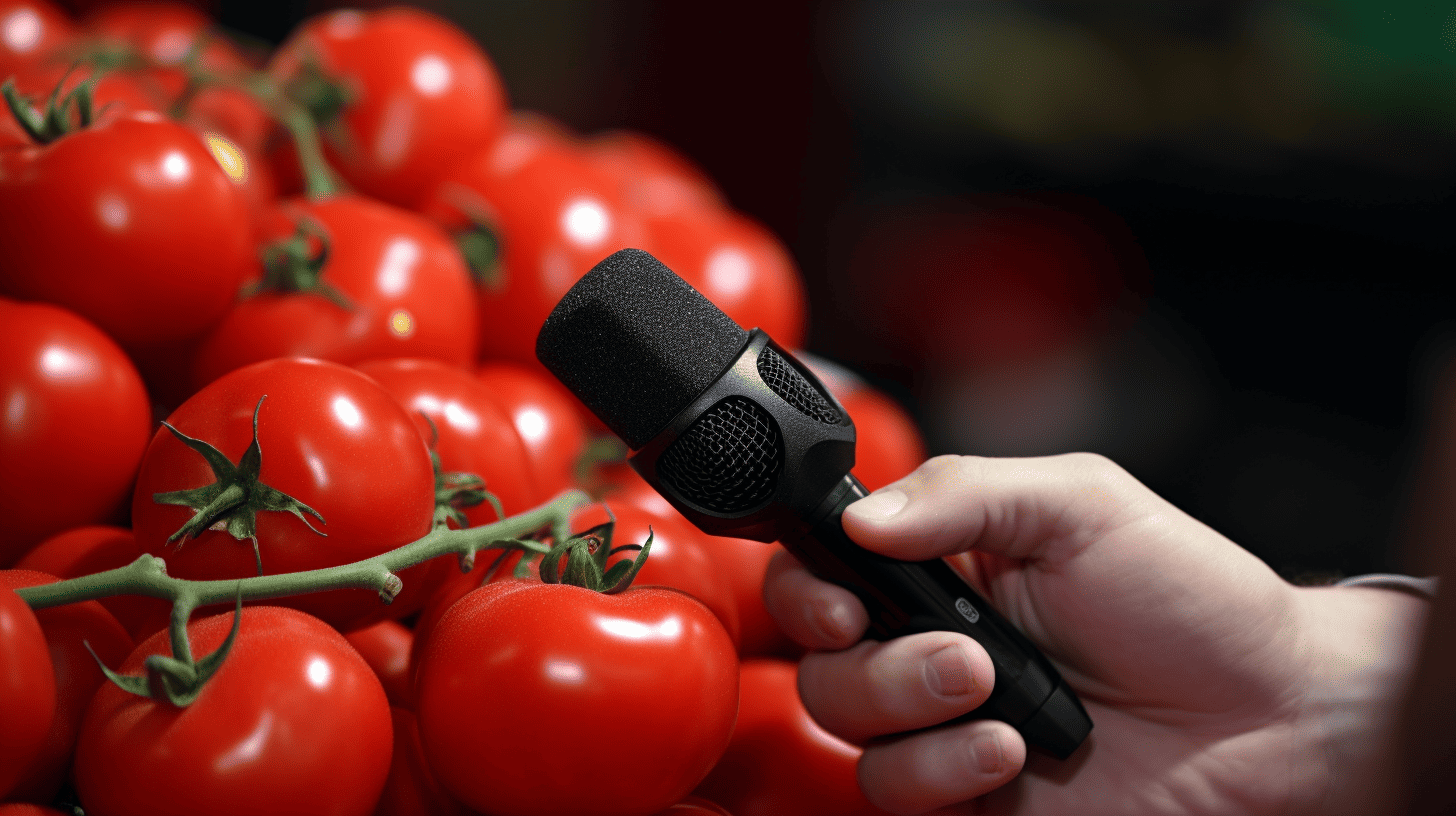
Imagine a world that lacks any kind of trust. What does that world look like? How do people in that world interact with each other? What colors, sounds, and images pop into your head? I asked exactly these questions to a group of professionals last week during a master class on trust. The professionals painted a picture of a dark world full of suspicion and conflict. They described how selfishness prevailed, and it had become a world of every person for themselves. A world where people are anxious and lonely. A world where you don’t want to be.
Quicksand
I then asked them the question of whether we are currently moving closer to or away from this nasty world. The answer to this follow-up question was unanimous: we are getting closer to this nasty world every day, and trust is slipping away more and more from our society. The most tangible sign of this is our trust in politics. In the Netherlands, trust in politics is at an all-time low, as it is in many other countries around the world. This trend has been visible for years. A decade ago, out of 35 European countries, residents of only two gave trust in politics a 6 or higher on a scale of 0 to 10 (Switzerland scored the highest with a 6.6). We are also losing our trust in journalism and science. Our society is increasingly built on quicksand.
The slipping of trust is not linked to any particular event. It is much more based on a deeper foundation, one of behavior and emotions. Therefore, events do not determine the trust one experiences; it is how one reacts to those events that determine whether it feeds or harms our trust. In doing so, we scan people on two dimensions. One dimension has to do with our intentions: do we have the other person’s best interests at heart, or are we acting primarily out of self-interest? This dimension is also called the dimension of warmth by top psychologist Susan Fiske. The other dimension relates to your capabilities, to delivering what you promise. You can have such good intentions, but if you then fail to deliver, then the intentions themselves are worth nothing. This second dimension is called the dimension of competence by Fiske.
The path of evolution
From an evolutionary perspective, warmth comes before competence. So if you want to build a U-turn on the slipping path we are currently on, it starts with the intentions with which each person in our society fulfills his or her role. Do you fulfill a political role because of your drive for power and influence or to serve the country and its people? As a business, are you primarily concerned with your growth rates or the value you provide to your customers? In business relationships, are you primarily concerned with what the relationship brings you or how you can add value to the other person? These questions all have a different scope, but all boil down to the same thing: do our intentions lie with our own gain, or do they lie with wanting to do good for the other? So the professionals who described a world without trust as one where selfishness prevailed and as a world of every person for themselves were absolutely right. Every person for themselves and trust are diametrically opposed.
So we need to be addressed again about our intentions, about our why. It is not for nothing that words like “purpose” and “impact” are more popular than ever. Making an impact with your motives for why you do the things you do is more important than ever. It should be the central theme in every training and management table. In the delusion of the day, we have become so busy stealing the show based on our own interests that we sometimes completely fail to see the interests of another. This has a myopic effect on how we set up our work and therefore harms all of our well-being, of which trust is such an incredibly important part.
Glue
Trust is the glue that binds society together. How would you go to surgery if you had no trust in your doctor? How would you go home if you had zero trust in your partner? How would you go to school if you had zero trust in your teacher? Our world rests on a collaborative principle. We are, more than ever, dependent on each other, and that is precisely why trust is so crucial. If trust can slip away, then you can also let it flow back to you. Of course, this is difficult (after all, “trust comes on foot and goes on horseback”), but not impossible. If, in everything you do, you reflect on your intentions and on your ability to make those intentions come true, you will come a long way.







